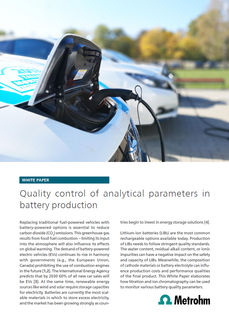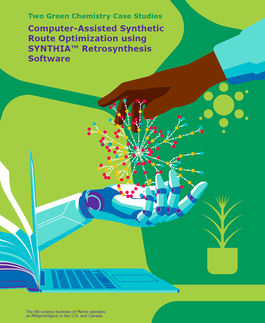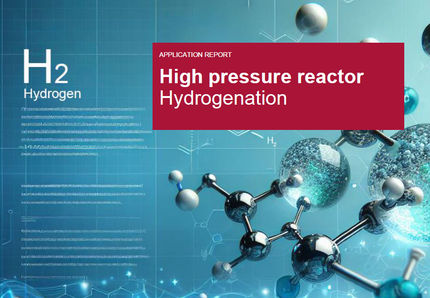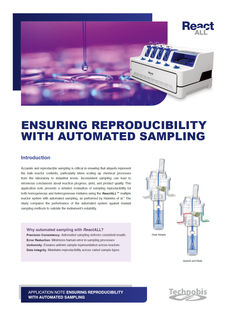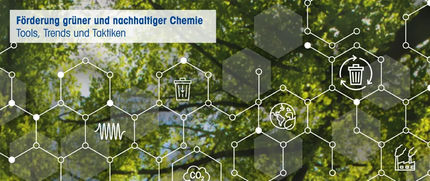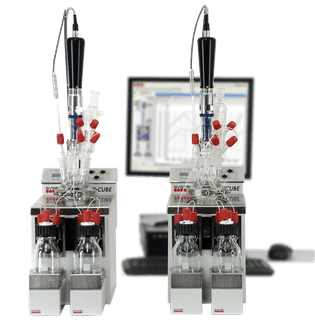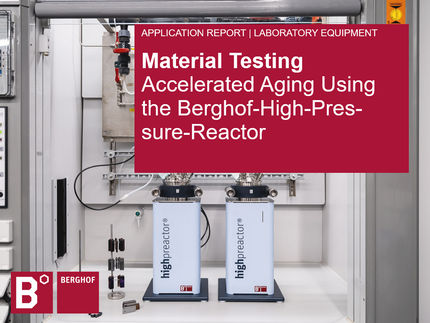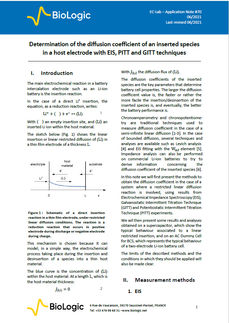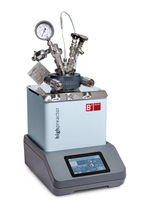
Berghof
Experiment-specific optimization of temperature control using auto-tuning
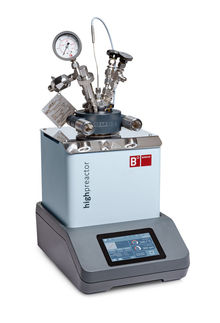
Fast heating rates with reduced overshoot/undershoot of the reaction temperature by auto-tuning
The temperature of a process has a significant influence on its speed. In chemical synthesis, but above all in catalysis research, it is therefore fundamentally important to be able to determine the temperature profile of a process as accurately as possible. If reactions with gases have to take place, they are normally carried out in a pressure reactor. The temperature profile of such a reactor is difficult to control and therefore places increased demands on the control system. However, the requirements can be met using PID control and optimized control parameters. The principle and benefits of PID control and the optimization of the PID parameters using auto-tuning are explained.
Advertisement
White Paper classification
White papers on related topics
Products on related topics
Manufacturers of similar products
Webinars on related topics
See the theme worlds for related content
Topic world Synthesis
Chemical synthesis is at the heart of modern chemistry and enables the targeted production of molecules with specific properties. By combining starting materials in defined reaction conditions, chemists can create a wide range of compounds, from simple molecules to complex active ingredients.

Topic world Synthesis
Chemical synthesis is at the heart of modern chemistry and enables the targeted production of molecules with specific properties. By combining starting materials in defined reaction conditions, chemists can create a wide range of compounds, from simple molecules to complex active ingredients.



